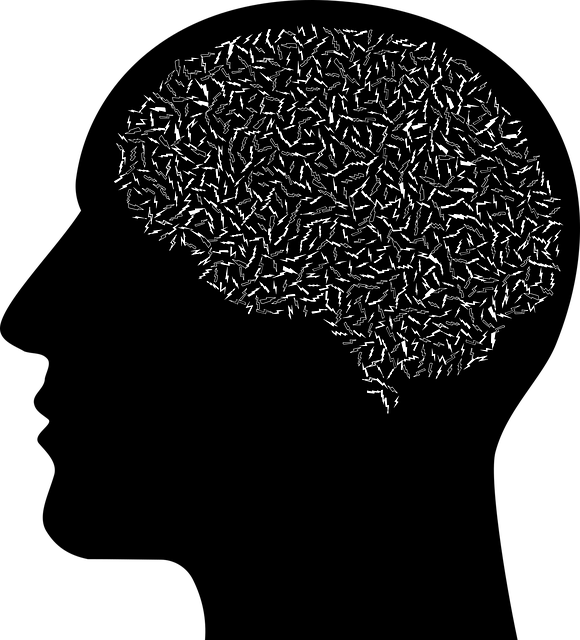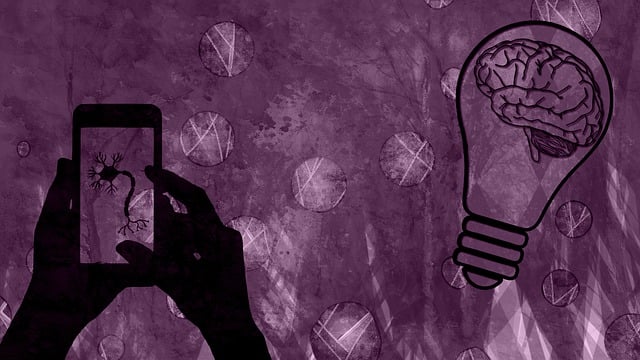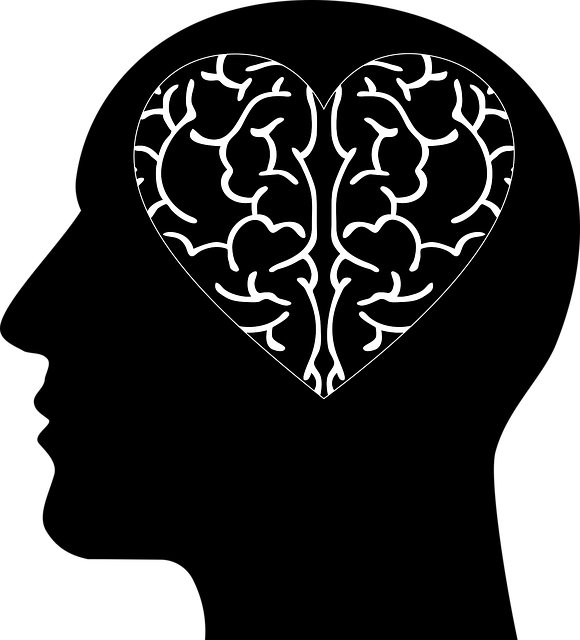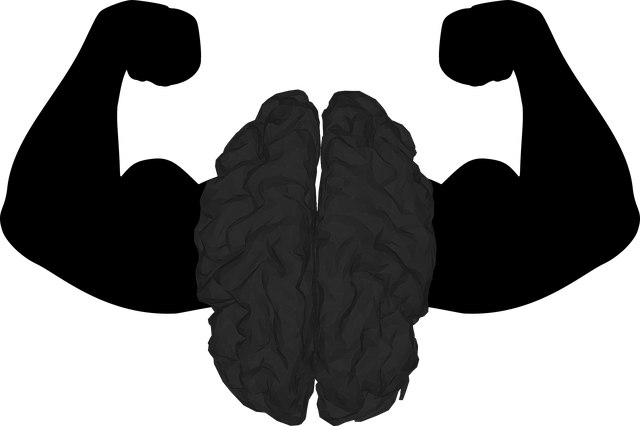The media's representation of mental illness significantly impacts public perception, especially regarding developmental disabilities. Accurate and nuanced storytelling is crucial to combat stigma and enhance understanding among young adults facing these challenges. This involves incorporating therapy for young adults with developmental disabilities in media, showcasing therapeutic journeys sensitively, and promoting self-care practices. By addressing mental health holistically through digital media, we can reduce stigma, encourage proactive self-management, and make therapy more accessible to this demographic. Effective burnout prevention strategies for healthcare providers and community outreach programs further ensure positive mental health representations in the media.
In today’s media landscape, the representation of mental illness plays a pivotal role in shaping public understanding. This article delves into the current state of mental health depiction in media, focusing on its impact on young adults with developmental disabilities. We explore effective strategies to promote positive representations, discuss integrating therapy and media as a holistic support approach, and uncover challenges and opportunities within the media industry to foster change, specifically for individuals seeking therapy for young adults with developmental disability.
- Understanding Mental Illness Representation in Media: The Current Scenario
- The Impact of Media Portrayal on Young Adults with Developmental Disabilities
- Effective Strategies for Promoting Positive Mental Health Depictions
- Integrating Therapy and Media: A Holistic Approach for Support
- Fostering Change: Challenges and Opportunities in the Media Industry
Understanding Mental Illness Representation in Media: The Current Scenario

In today’s media landscape, mental illness representation is a topic of growing importance as it significantly influences public understanding and perceptions. The current scenario presents a mixed picture; while some efforts have been made to highlight various mental health conditions, many portrayals remain stereotypical and inaccurate. This challenges the discourse around mental health, especially concerning developmental disabilities, and reinforces societal stigma.
The media’s role in shaping public opinion cannot be overlooked, particularly when it comes to young adults facing mental health issues. Inaccurate or limited representations can lead to a lack of empathy and understanding, affecting access to necessary services such as therapy for young adults with developmental disabilities. This prompts the need for more nuanced and informed storytelling, along with effective burnout prevention strategies for healthcare providers who are often at the forefront of these discussions. Implementing community outreach program initiatives and providing healthcare provider cultural competency training can significantly contribute to improving mental illness representation in media, fostering a more inclusive and supportive societal narrative.
The Impact of Media Portrayal on Young Adults with Developmental Disabilities

The media’s portrayal of mental illness significantly influences young adults with developmental disabilities, shaping their understanding and coping strategies. Often, these representations can be misleading, perpetuating stereotypes or neglecting the unique challenges faced by this demographic. When depicted, individuals with developmental disabilities are sometimes shown as inherently vulnerable or dangerous, which can lead to social stigma and marginalization. Such negative portrayals hinder access to necessary support and therapy for young adults seeking treatment for their mental health issues.
On a positive note, media can also serve as a powerful tool for mental health awareness. By showcasing characters with developmental disabilities who successfully navigate life while managing their mental illness, it encourages conversations around coping skills development and promotes positive thinking. This representation can inspire hope and motivate young adults to seek help, understand their conditions, and develop healthy coping mechanisms, ultimately leading them to embrace therapy as a viable solution for their developmental disability-related mental health concerns.
Effective Strategies for Promoting Positive Mental Health Depictions

Promoting positive mental health depictions in media involves intentional strategies to challenge stereotypes and offer realistic representations. One effective approach is incorporating therapy for young adults with developmental disabilities, ensuring their stories are told accurately and sensitively. By showcasing characters navigating mental health challenges while pursuing growth and recovery, media can foster empathy and reduce stigma. This includes depicting diverse forms of therapy, such as cognitive-behavioral therapy (CBT) and art therapy, highlighting the various paths to healing.
Additionally, stress reduction methods and burnout prevention techniques can be integrated into storylines naturally. Compassion cultivation practices, like mindfulness and self-care routines, have been shown to enhance emotional resilience and overall well-being. By incorporating these strategies seamlessly into narratives, media can provide valuable insights into managing mental health while offering hope and inspiration for viewers facing similar struggles.
Integrating Therapy and Media: A Holistic Approach for Support

Incorporating therapy with media offers a promising holistic approach to supporting young adults with developmental disabilities and mental illness. By seamlessly integrating therapeutic practices into media content, we can create engaging narratives that not only raise awareness but also provide practical tools for coping. This dual focus allows individuals to connect with characters and storylines while simultaneously learning effective self-care routines development for better mental health. For instance, TV shows or movies featuring characters navigating similar challenges can offer insights into burnout prevention and stress reduction methods, normalizing these experiences and empowering viewers to seek their own therapeutic paths.
This approach leverages the power of media to reduce stigma associated with mental illness while encouraging proactive self-management. By combining compelling storytelling with evidence-based therapy techniques, we can create a supportive environment that fosters resilience and promotes healthy coping mechanisms. This strategy is particularly valuable for young adults who may be hesitant to seek traditional therapy but are more engaged with digital media, offering an accessible and appealing alternative for addressing their mental health concerns.
Fostering Change: Challenges and Opportunities in the Media Industry

The media industry plays a significant role in shaping societal perceptions, and its representation of mental health issues is no exception. While progress has been made, challenges remain when it comes to accurately portraying mental illness, especially for young adults and those with developmental disabilities. Traditional media often perpetuates stereotypes, contributing to the stigma surrounding these conditions. However, this also presents an opportunity for positive change.
By incorporating narratives that showcase the diversity of experiences and emphasizing therapeutic approaches like therapy for young adults and self-awareness exercises, media can foster a more compassionate understanding. It can promote conversations around burnout prevention and encourage viewers to seek help when needed. With creative storytelling, media has the potential to revolutionize how mental disabilities are perceived, offering valuable insights and challenging outdated narratives.
The media’s role in shaping public perception of mental health is profound, especially for vulnerable groups like young adults with developmental disabilities. By implementing effective strategies, such as integrating therapy and media, we can foster more accurate and positive representations. Encouraging the media industry to embrace diverse narratives and collaborate with mental health professionals is crucial to challenging stereotypes and providing support. Through these efforts, we can create a more inclusive environment that promotes understanding and access to therapy for young adults with developmental disabilities, ultimately improving their overall well-being.














